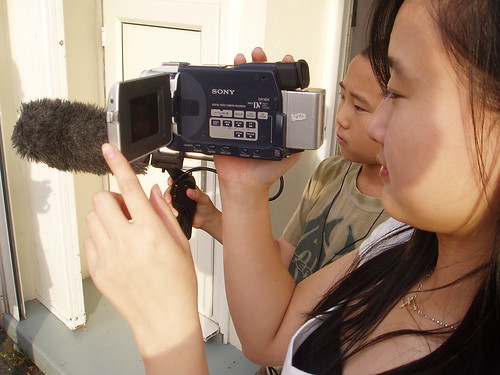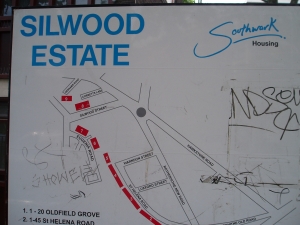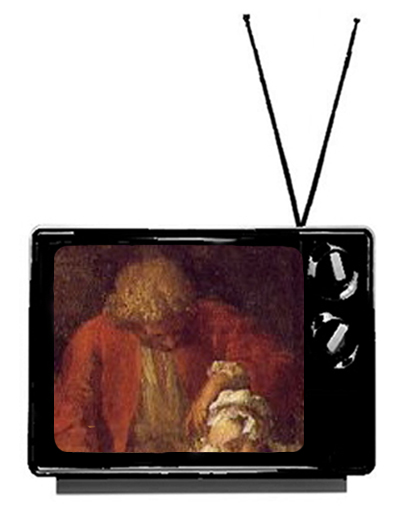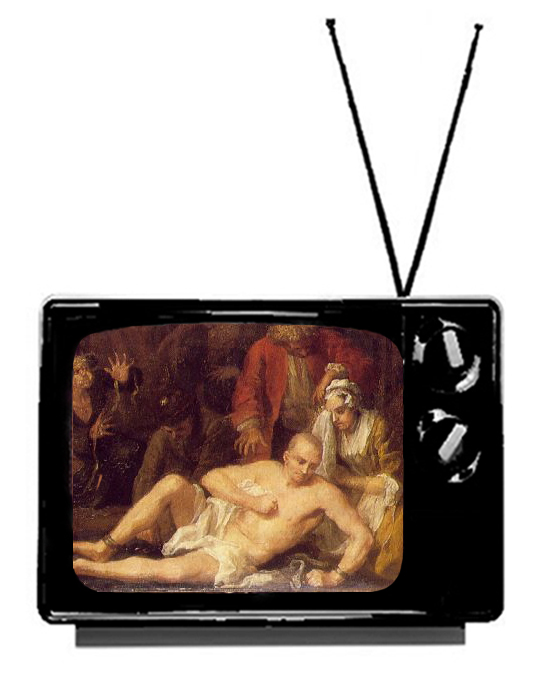Central YMCA with the support of MP’s from major parties have launched their Campaign for Body Confidence, as well as the All Party Parliamentary Group on Body Image (APPG) to which Central YMCA will be proving the secretariat. The campaign has the weighty task of addressing and resolving some of the problems concerning negative body image in British society, particularly amongst the younger generations. They are striving to curb the manner in which people view themselves and others by reaching out and engaging with individuals and communities a like, as well as with working with the leading media based industries that promote unrealistic expectations of body image. Jo Swinson, (LibDem MP,) explains that:
“These problems urgently need addressing and the APPG on Body Image will bring together some of the key players in this debate in a cross-party forum – youth organisations, the advertising industry, health sector and media. We will challenge some of the root causes of negative body image, highlight best practice and work towards building a society in which people feel more body confident.”
Spectacle contributed a short animated film to the campaign, that provides the viewer with a brief overview of the extensive research carried out by Central YMCA and Centre for Appearance Research in the University of the West of England, which premiered recently in the House of Commons. The film also draws attention to the financial, physically and psychological harm that appearance issues can invoke, ranging from the billions of pounds spent annually on dieting pills and food supplements, to the often devastating attitudes towards, and consequences of steroid use and cosmetic surgery. The video can also be found on the YMCA Body Confidence homepage.
As society in the UK becomes ever more sexualised and appearance oriented, the issues and pressures surrounding body image and appearance are becoming dramatically more significant and problematic. In Central YMCA’s research, statistically one in four people openly admitted to being depressed about the way they look, and as many as half of young females were open to the idea of using cosmetic surgery to enhance their looks in their future. The suggested ideals of beauty that is all too often plastered upon billboards, magazines, television, and the internet, shape the way that people, (in particular the younger generations,) perceive beauty and intrinsically sexuality. However it is thought that as little as five percent of the population look like, or could ever realistically achieve, the image of beauty and sexuality promoted by the models and celebrities.
This issue is of course further complicated by the introduction of image manipulation and airbrushing, which is now routinely used to perfect and enhance the outlandish ideals of beauty that the images promote. This means that not only are people being pressured into pursuing an image of beauty possessed by a tiny percentage of the population, the images often do not naturally exist in reality and are essentially unobtainable.
Results are leading to a steep rise in the number of young people affected by sever eating disorders, with girls recorded as starting their first diets at as young as eight years of age.
To help combat these issues amongst young people, Y Touring, which is part of Central YMCA, recently worked with a group of young teenagers from London to create a project that explores true body image through photography. Beautiful Photography Project 2010 empowers the teenagers involved to represent themselves and beauty as they perceive it, rather than the images fed to them by the aforementioned industries. Please show your support.
Click our Catalogue for more Spectacle productions.
See our blog homepage for more information and videos.
Or visit PlanA our general blog on urbanism, planning and architecture.
Spectacle homepage
Befriend Spectacle.Docs on Facebook
Follow SpectacleMedia on Twitter






